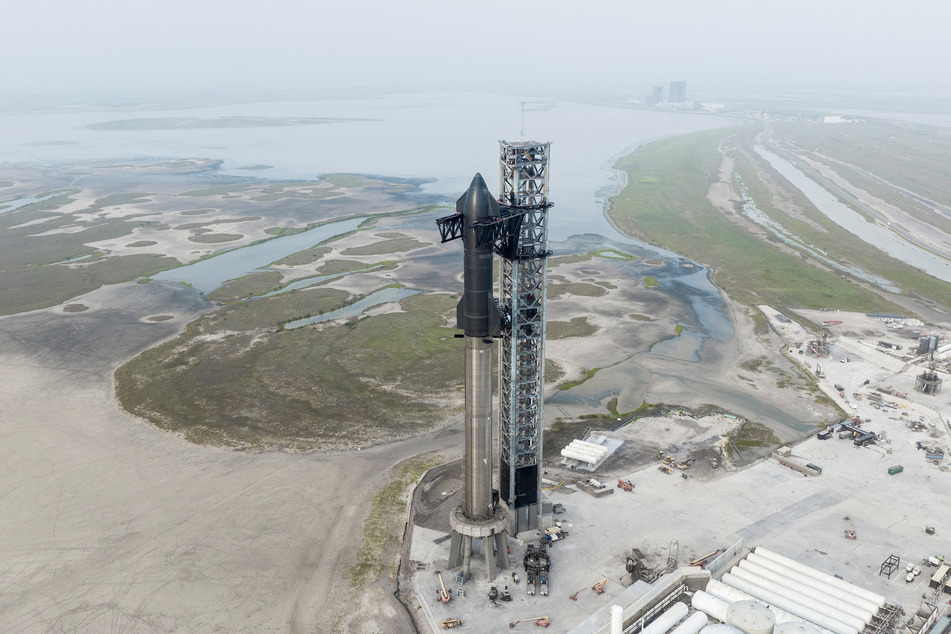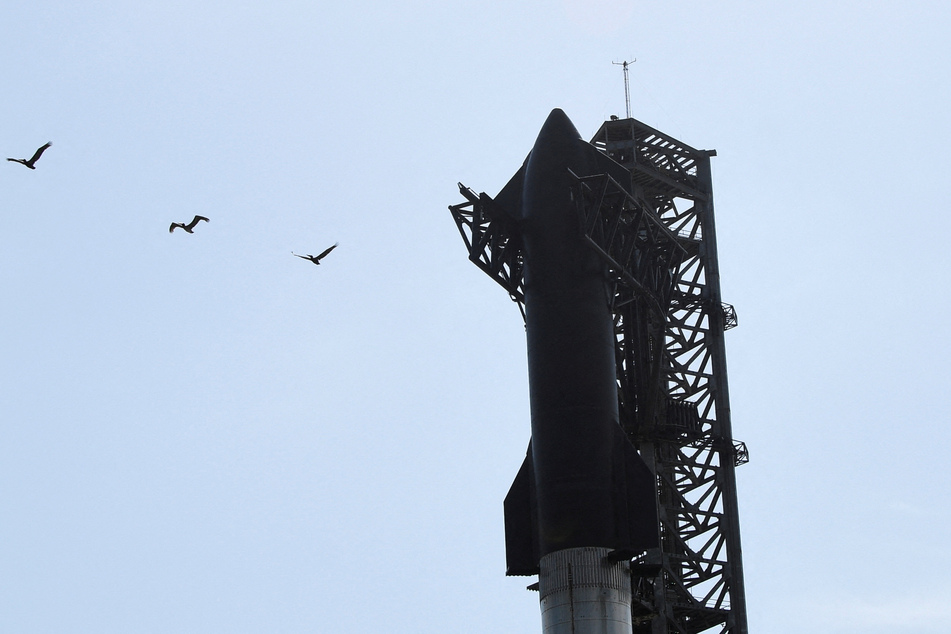SpaceX to test launch world's most powerful rocket
Boca Chica, Texas - Private space flight company SpaceX plans to test the most powerful rocket ever built with a launch from a site in Texas on Monday.

The rocket, dubbed "Super Heavy Rocket" by SpaceX, will carry the large spacecraft "Starship" up into the atmosphere. Elon Musk's company hopes the spacecraft will eventually carry people and cargo to the moon and Mars.
The test flight is expected to take place around 9:00 AM EDT on Monday and to last about 90 minutes.
The Starship system is designed in such a way that both the spaceship and rocket can be reused after returning to Earth.
Overall, the system is 394 feet high and is said to be able to transport well over 100 tons of cargo, more than any other rocket built to date.
US government space agency NASA hopes to use the Starship system to eventually carry astronauts back to the moon. SpaceX holds ambitions of one day traveling further to Mars.
SpaceX seeks to temper expectations ahead of launch

The rocket is powered by 33 Raptor engines that run on liquid methane and liquid oxygen. The system is designed to allow it to be refueled in space.
During the test flight on Monday, the spaceship and rocket should separate after about three minutes, and both parts should later splash into the sea.
SpaceX sought to temper expectations for the text flight in advance of Monday's launch.
"With a test such as this, success is measured by how much we can learn, which will inform and improve the probability of success in the future," the company said in a statement on Friday.
Musk wrote on Twitter: "Success maybe, excitement guaranteed!"
Cover photo: SpaceX/Handout via REUTERS

